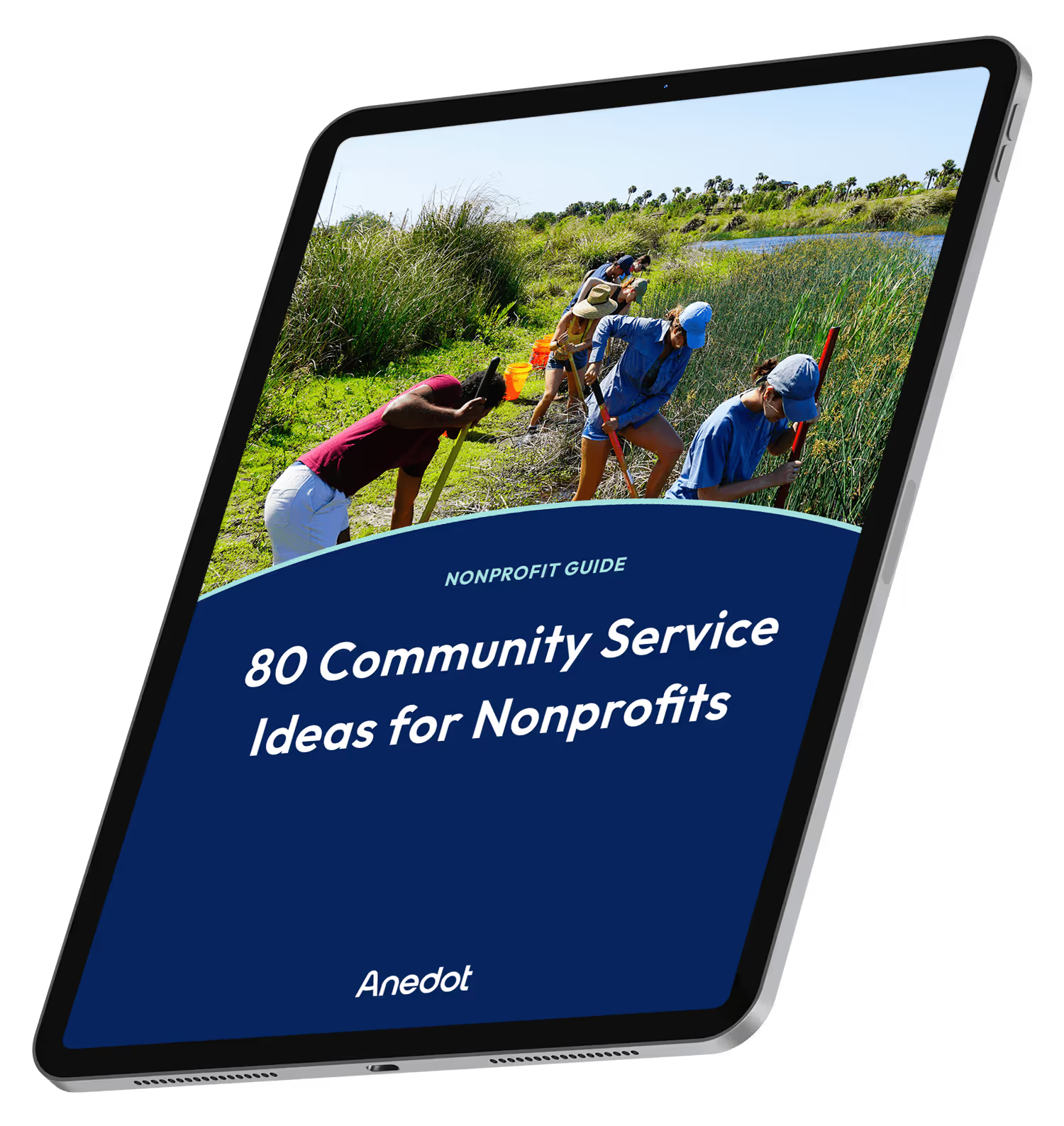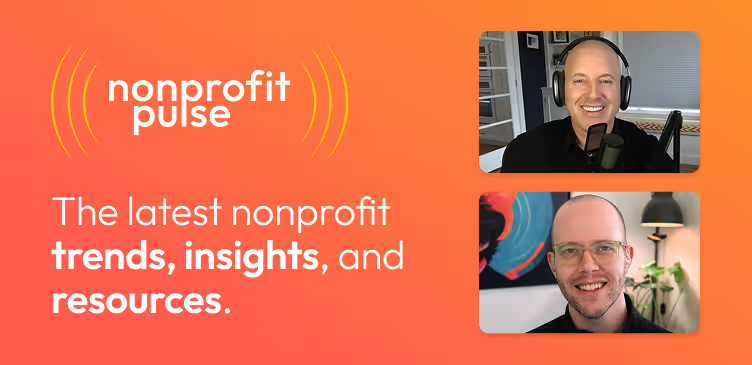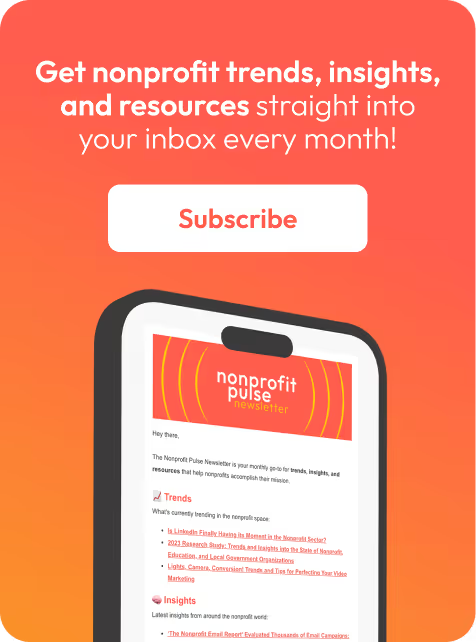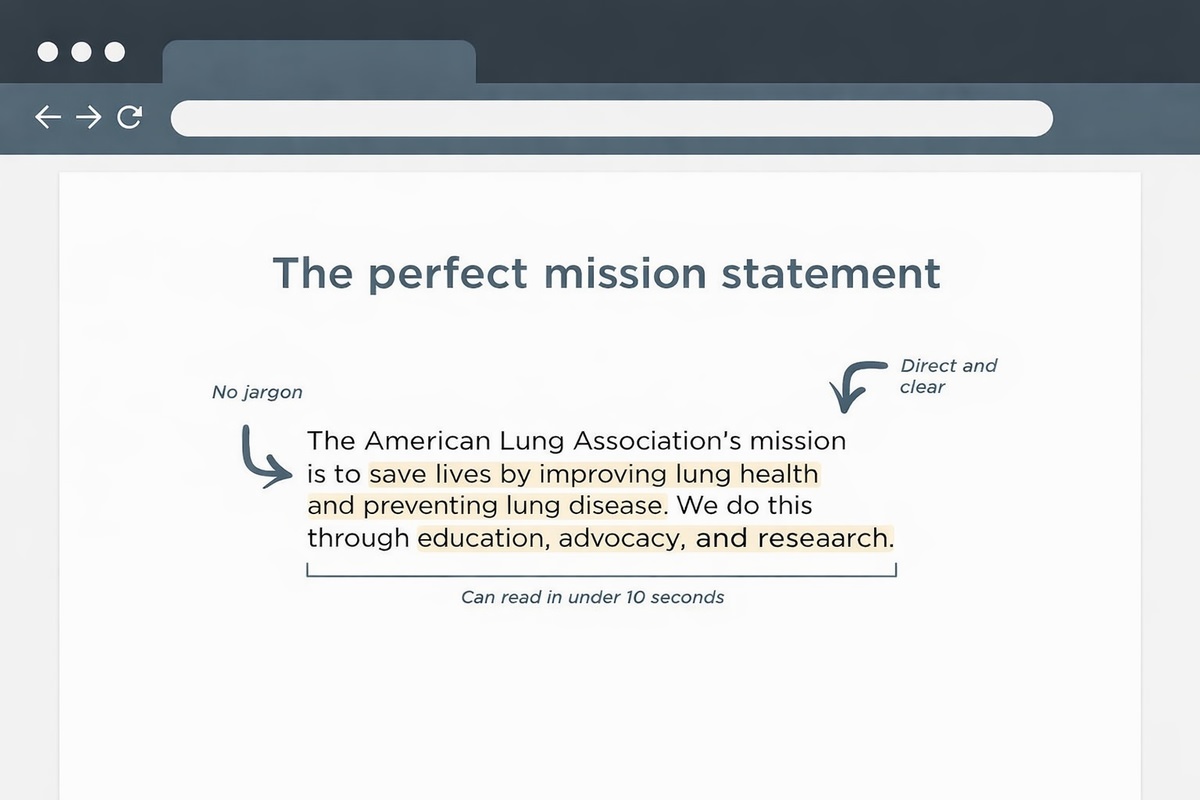Statistics show that 96% of consumers see customer service as a primary factor to decide whether they should have a continued business with a company.
While a nonprofit business does not actually have customers, it survives off voluntary donations and contributions.
And just like with for-profit organizations, having a solid base of loyal donors and volunteers lets nonprofits allocate more resources for doing their job rather than looking for new contributors.
Who are customers of nonprofit organizations?

As opposed to “for-profit” businesses, nonprofit organizations engage in social causes and focus on providing public benefits. They are exempt from taxes and form their funds primarily from donations.
Therefore, for nonprofit organizations, customers are somewhat different than for other businesses.
When it concerns a social initiative supported by donations, its customers are recipients of the service as well as donors and volunteers who participate in providing it.
It may seem that, in an organization supported by volunteers, customer service is not that important.
True, such initiatives depend largely on the dedication and motivation of people who take part in them and on the support and gratitude of service recipients.
And this is exactly where customer service is a crucial factor, as it can prevent people from losing motivation and burning out.
How can excellent customer service help a nonprofit organization?

Nonprofits depend on donors and volunteers to continue functioning.
While they participate in your cause from their wish to help others in need, their contribution should not be taken for granted.
Donors and volunteers should be in the focus of your customer service to feel that their efforts are recognized and appreciated.
Working out an effective customer service strategy in your nonprofit organization can help you in more than one way.
Build loyalty
There are many nonprofit organizations working in different areas, but donors’ resources are limited. It is important to maintain your donors’ loyalty and dedication to your cause.
How can you do it through good service?
Use a highly personalized approach in communicating with people who donate their time and resources to your organization.
Thank them personally, recognize and mention them on your official resources, feature them in your blogs and social media marketing.
In talking about your volunteers and donors, always praise their contribution.
They are the ones who drive your cause trying to make the world a better place – so just say it out loud. Such appreciation helps to build donor loyalty and engagement making them want to stay with your organization.
Improve trust
Trust is another keystone in a nonprofit organization.
People trust you with their money and time, and they want to know that their donations are used for a good cause and that they have not fallen victim to another donation scam.
The best way to build trust is to be as transparent as possible:
- Provide complete information about what you are doing and who you take care of. Donors should be able to get full details about where their money goes and who is benefitting from it.
- Show expertise. You should position yourself as people who know what they are doing and be able to prove it. If you want someone to donate money to you or volunteer for you, they should see that you have a clear action plan and know how to fulfill it.
- Be easy to reach. Your donors should be able to connect with you within a reasonable time if they have any questions or concerns. You can establish effective communication by implementing a chat button where people can hold direct and group conversations on matters that are important to them.
Create awareness
For nonprofit organizations, awareness is the true lifeblood.
The more people know about it and trust it, the more donations it can expect to receive and, therefore, the more help it can provide.
As nonprofit organizations cannot always allow expensive omnichannel marketing campaigns, they create awareness mostly by word-of-mouth.
And for that to work, the organization needs to build a positive image with its customers – volunteers, donors, and service recipients.
When the goals are clear, the accounts – transparent, the communication – available and easy, the nonprofit will be mentioned in a positive way.
People will share its social media links, create their own posts about their experience with the organization, and recommend it to others.
Collect feedback
Feedback is vital for both for-profit and nonprofit organizations.
Without feedback, you won’t know if you are doing everything right and if any improvements are needed.
By providing good service, you increase your chances of getting honest and constructive feedback.
Here are some tips on how to improve your service to encourage customers to share what they think about you:
- Make feedback easy. Hold online surveys, prompt people to offer their opinions in a live chat, give them a chance to talk to you during offline meetings, or ask them to share their thoughts when reaching out to you via a virtual telephone number.
- Express empathy. Nonprofit organizations often deal with people who have experienced some hardship and are already under stress. When communicating with such people, be understanding but not sorry for them.
- Allow anonymity. Customers of nonprofit organizations – both donors and recipients – bother about their online privacy, so they may wish to remain anonymous when giving their feedback. Provide such an opportunity, both in personal and online communication.
- Encourage feedback in social media. Prompt your subscribers to express their opinions on the organization’s social pages and during online events.
Leverage competition and partnerships
In the nonprofit world, competition works differently from that in the for-profit one.
Here, organizations compete for the share of the audience that they can attract as donors. Of course, the quality of service has a direct effect here.
An organization with transparent accounts and good communication is going to win more followers and participants than the one with obscure spending and no interaction.
At the same time, organizations working in the same area can choose to become partners rather than competitors.
Together, they can widen their geographic coverage and social reach, share administration costs, increase presence in social media.
The important thing is that such a partnership should be formed between organizations that have already proved their excellent customer service. Otherwise, both may lose their donors’ and recipients’ trust.
Nonprofit customer service challenges

When trying to provide great customer service, nonprofit organizations often face common challenges that are caused by the very nature of their activity:
- Time management. Often, such organizations are the last resort for people and animals in need. With each new case, the load on the organization increases requiring additional investments of the members’ time. They are struggling to juggle tasks and activities, frequently wearing many hats at once.
- Budget. Donors and volunteers and the only sources of funding for a nonprofit organization. In order to continue functioning, they need the incoming cash flow to be regular and sufficient. If, however, the service quality decreases, the funding can decrease, too.
- Targeting. When establishing a customer service system, both in a for-profit and nonprofit organization, it is important to segment and target the audience correctly. Nonprofits need to work out service strategies for donors, volunteers, beneficiaries, media representatives, employees.
Still, nothing is impossible. It's important to hire customer service team members who realize it, though.
When everyone in the organization is aware that their job, while tough and exhausting, is also very noble and necessary, they will do their utmost to provide the best service and, eventually, reduce the amount of grief in the world.
Written by: Julia Serdiuk, HelpCrunch
HelpCrunch is a customer communication platform combining live chat software, email marketing, help desk, knowledge base, and more tools.

80 Community Service Ideas for Nonprofits























